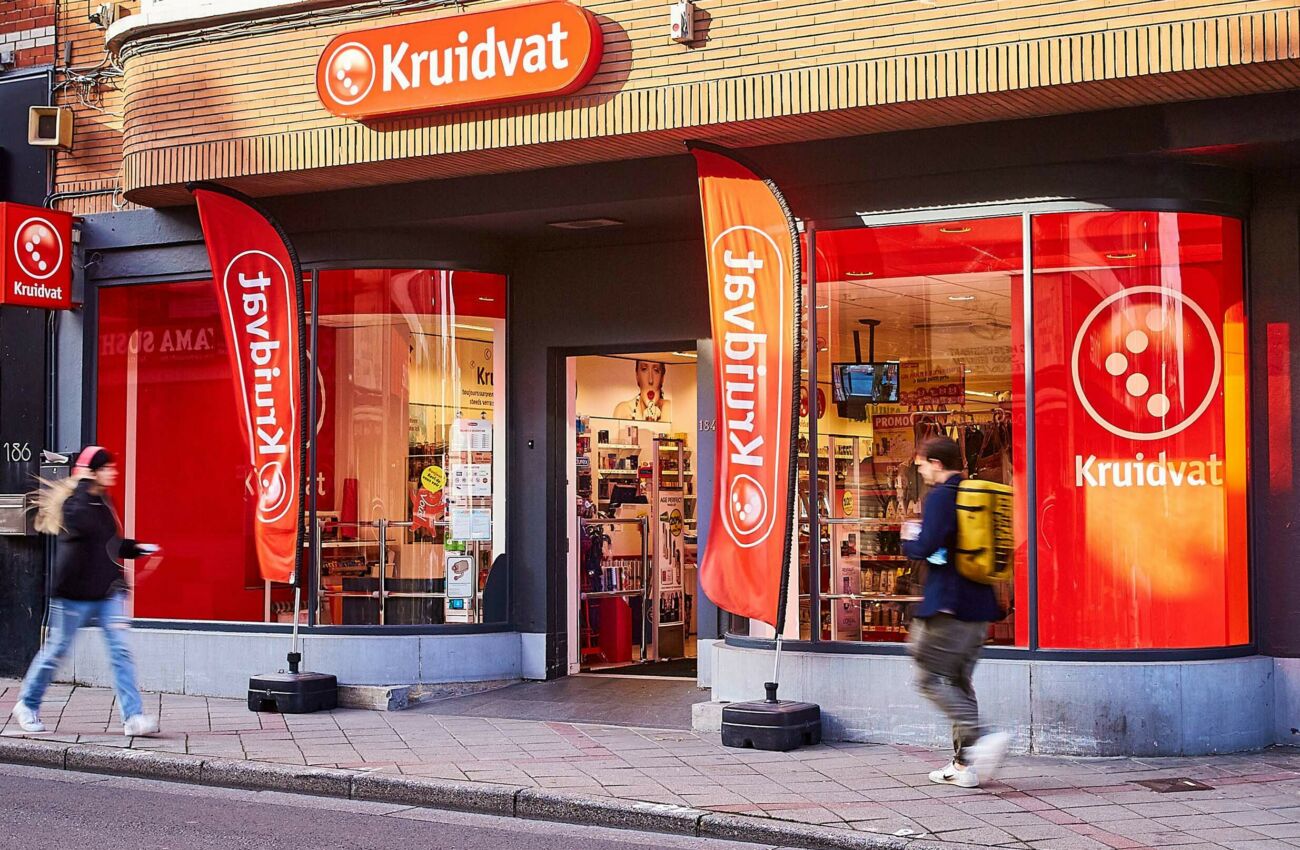“This is a hopeful sign,” says Bart Teuwen, absenteeism expert at Mensura and Certimed. “It shows that, even when absent from the workplace, we are willing and able to discuss the possibilities.” Yet another statistic shows that the dialogue on absenteeism and employability should be conducted in a different fashion: 7 in 10 Belgians have gone to work sick. “The risk of ‘presenteeism’, i.e. still going into the workplace to work due to pressure, whether real or perceived, lurks just around the corner. The current approach to absenteeism is failing. We need to get everyone involved back to the table.”
We hate it when a colleague is sick
Belgian employees and employers find absenteeism due to illness to be annoying. This was established in an independent study on absenteeism* conducted by Mensura and Certimed. Around 44% of employers consider absenteeism to be highly disruptive for their company. One in three refers to is as ‘rather disruptive’. Employees also dislike it when a colleague suddenly fails to show up at work. No fewer than 64% of employees are irritated by a colleague’s absence due to illness.
Bart Teuwen comments, “Compensating for the absent colleague’s work, onboarding the substitute, suddenly having to come in on a scheduled day off… these are only a few of the effects of the absence of direct colleagues. And therein lies a risk: before you know it, an ‘absenteeism culture’ can take root, with employees that are always present also calling in sick when a similar situation arises.”
We are willing to ‘do some work’ during an absence
According to Bart Teuwen, it is important that employers engage in dialogue with employees in a different and warm, professional way when they are absent due to illness or injury. “Most employers do not enter into dialogue with employees who are absent due to illness or injury. In many cases, the communication is limited to notification of the absence and the obligatory sick note. But we should consider thinking much more in terms of possibilities. An employee who is home with a broken leg or long-term illness is possibly both willing and able to do some level of work from home. Focusing on the possibilities to work that remain open to employees is a very important step towards a structural reduction in absenteeism in our country. The reintegration process following a long-term absence also requires the same mindset.”
The Mensura and Certimed study shows that employees are willing to consider carrying out some tasks somehow during their absence. For example, 83% of employees stated that they would be willing, circumstances permitting, to do some level of work while at home due to illness or injury.
Risk of presenteeism
At the same time, Mensura and Certimed warn against the risk of presenteeism. Bart Teuwen explains, “No one is expected to work when sick. Health and well-being are essential to staying motivated, productive, and engaged. Going to work sick can result in infecting colleagues and poor performance.” The results of the absenteeism study suggest that the Belgian working population already oversteps the boundaries, with 67% of the active population indicating they would go into work when sick. And 7 in 10 have also effectively worked when absent, even though they were sick or felt unable to go to work.
Younger employees in particular (ages 18-34) tend to work when sick (73%). Women (72%) also tend to work more often when sick than men (62%). A few of the reasons given for working when absent were a desire to feel useful, to make a good impression, or out of fear of the reaction of colleagues or management.
Bart Teuwen adds, “These findings emphasise the importance of open dialogue between employers and employees. Employees should not feel pressured to work when sick. But if the employee would like to do some work, alternatives should be considered. If anything, the corona crisis has shown that there are plenty of jobs that can be done from home, also during quarantine. Allowing some level of teleworking lets employers support a sick employee with a desire to be productive while absent.”
Absenteeism Charter: constructive dialogue between all absenteeism stakeholders
To achieve a sustainable and positive absenteeism policy, Mensura and Certimed are calling on everyone involved in absenteeism – employers, experts, HR managers, and employees – to engage in dialogue. To promote this, Mensura and Certimed have launched the Absenteeism Charter, a website that combines internal and external insights on absenteeism.
* Independent absenteeism study conducted between 5 March 2021 and 23 March 2021 by research agency Indiville on behalf of Mensura and Certimed among 1,000 employees (53% white collar, 8% blue collar, 39% civil servants) and 511 employers (HR professionals or others involved in absenteeism policies). The data is representative in terms of gender, age, and region among employees and company size among employers.


